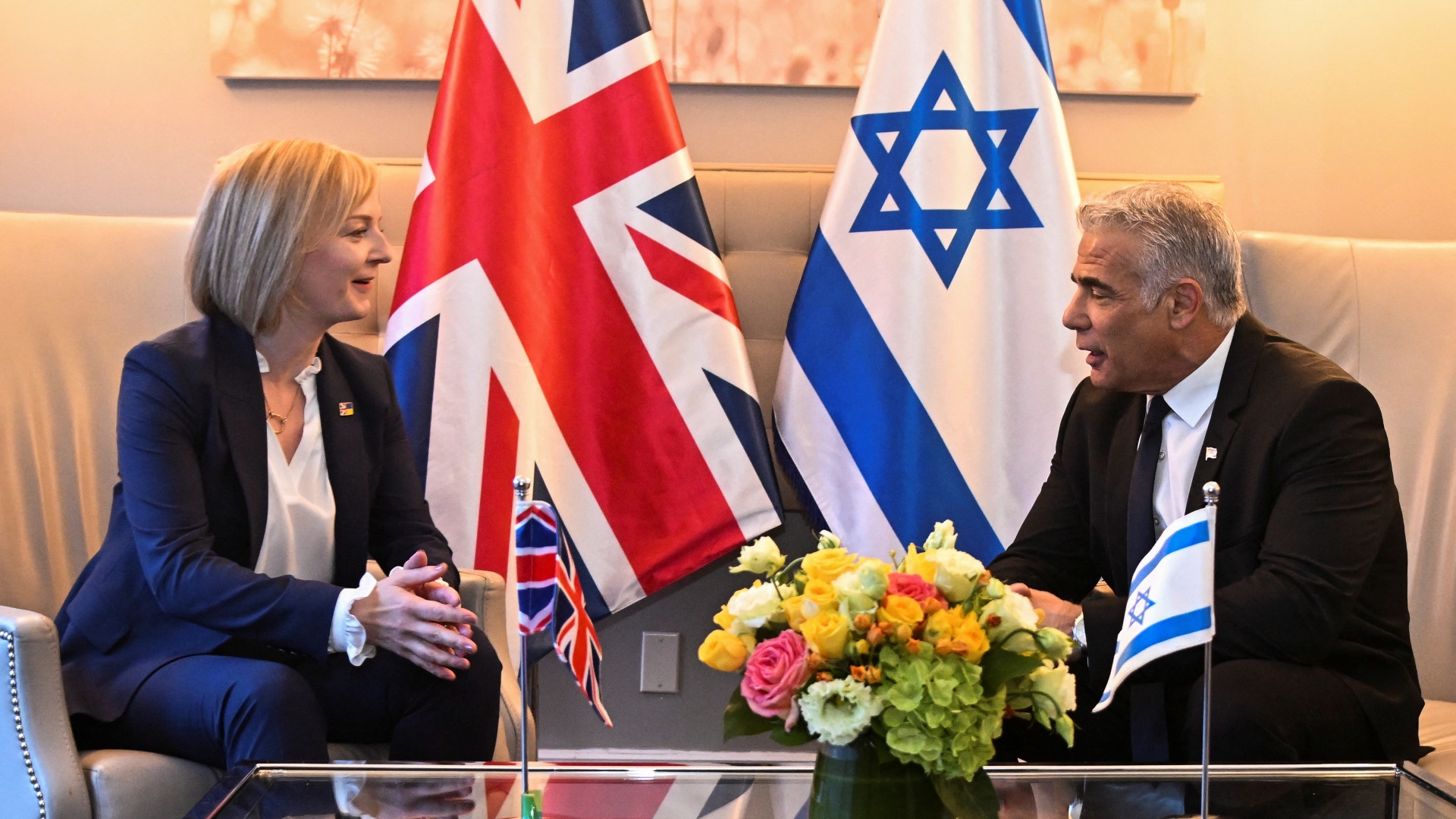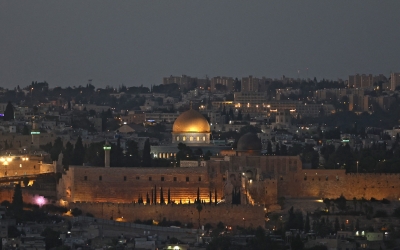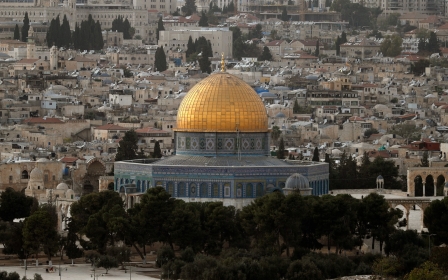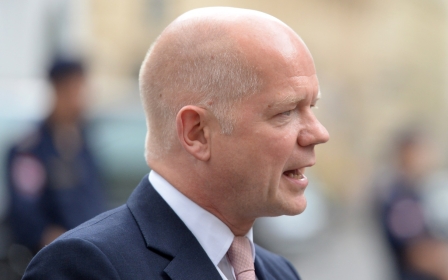UK embassy in Israel: Move to Jerusalem risks GCC trade deal, Kuwaiti MP warns

Osama al-Shaheen, a member of the Kuwaiti parliament, has urged British Prime Minister Liz Truss not to move the British embassy in Israel from Tel Aviv to Jerusalem.
In an interview with Middle East Eye, he warned that such a move could scupper the free trade agreement between the UK and the six countries of the Gulf Cooperation Council (which includes Kuwait) due to be signed by the end of the year.
During a meeting with her Israeli counterpart, Yair Lapid, on the margins of the United Nations General Assembly meetings in September, Truss said that she might move the British embassy to Jerusalem.
New MEE newsletter: Jerusalem Dispatch
Sign up to get the latest insights and analysis on Israel-Palestine, alongside Turkey Unpacked and other MEE newsletters
A Downing Street spokesperson added that Truss was "reviewing the current location of the embassy in Tel Aviv".
Britain has long maintained its embassy in Israel in Tel Aviv, even after Israel declared Jerusalem as its capital, as part of a longstanding policy that the city's final status should be decided following negotiations.
Israel occupied Jerusalem's eastern neighbourhoods in the 1967 Middle East war, and Palestinians maintain that East Jerusalem should be the capital of a future Palestinian state.
Shaheen, a prominent MP from the country's biggest political bloc, the Muslim Brotherhood-affiliated Islamic Constitutional Movement, said Kuwait's parliament could respond to the move by voting against the UK-GCC free trade agreement. "If an agreement is presented to us, we must look at the positions of the governments of these countries regarding the Arab and Islamic issues when we vote," he said.
The potential move highlighted "a blatant and continuous bias by the successive British administrations to the Israeli occupation", he said.
Christian church leaders in Jerusalem warned last week that the British government's plans would be a "further impediment to advancing the already moribund peace process".
Muslim leaders in Jerusalem have written to King Charles III condemning the move, which has also been criticised by William Hague, a former leader of the now-ruling Conservative party headed by Truss.
During the Conservative party conference last week, Ahmed Aboul Gheit, the secretary-general of the Arab League, urged British Foreign Secretary James Cleverly during a speech given via video link to "refrain from taking any illegal action".
"I take this opportunity to express our concern over the recent statements by Prime Minister Truss on reviewing the location of the UK embassy in Israel," said Gheit, an Egyptian former diplomat.
"I reiterate our rejection and condemnation of any unilateral decisions that might breach the legal or the historical status of the holy city of Jerusalem or to recognise Jerusalem as the capital of Israel, which is the occupying power according to international law."
'Legitimate weapons'
But Shaheen faulted the official Arab and Islamic response to Truss's initiative, describing them as "still shy and modest so far" and urging more serious and practical action.
"I call upon Arab and Muslim governments... to think of economic steps that combat and counter and perhaps deter these steps before taking them. They are legitimate weapons, and they should be used for matters of great importance."
If the British embassy is moved, Truss would be following in the footsteps of former US President Donald Trump who, in defiance of international law, moved the American embassy to Jerusalem in 2017, a move that formally recognised Israel's sovereignty over the city.
Truss had also previously vowed a further crackdown on the international boycott movement, backing a bill to prevent public bodies, including local councils, from joining the Boycott, Divestment and Sanctions campaign to divest funds from Israel for its illegal activities in the occupied territories.
Middle East Eye delivers independent and unrivalled coverage and analysis of the Middle East, North Africa and beyond. To learn more about republishing this content and the associated fees, please fill out this form. More about MEE can be found here.





